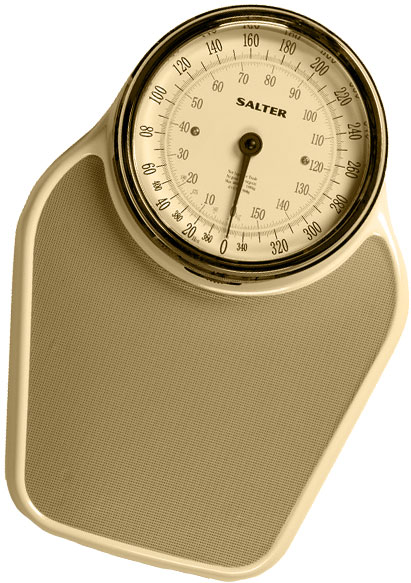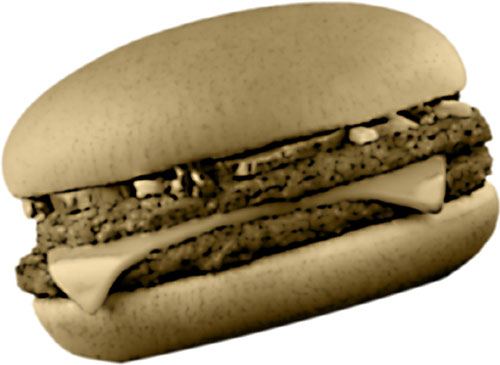Make Changes, Not Resolutions: Kick Butt, Practice Hot And Eat Clean
Kick Butt, Practice Hot And Eat Clean




Latest Article|September 3, 2020|Free
::Making Grown Men Cry Since 1992




